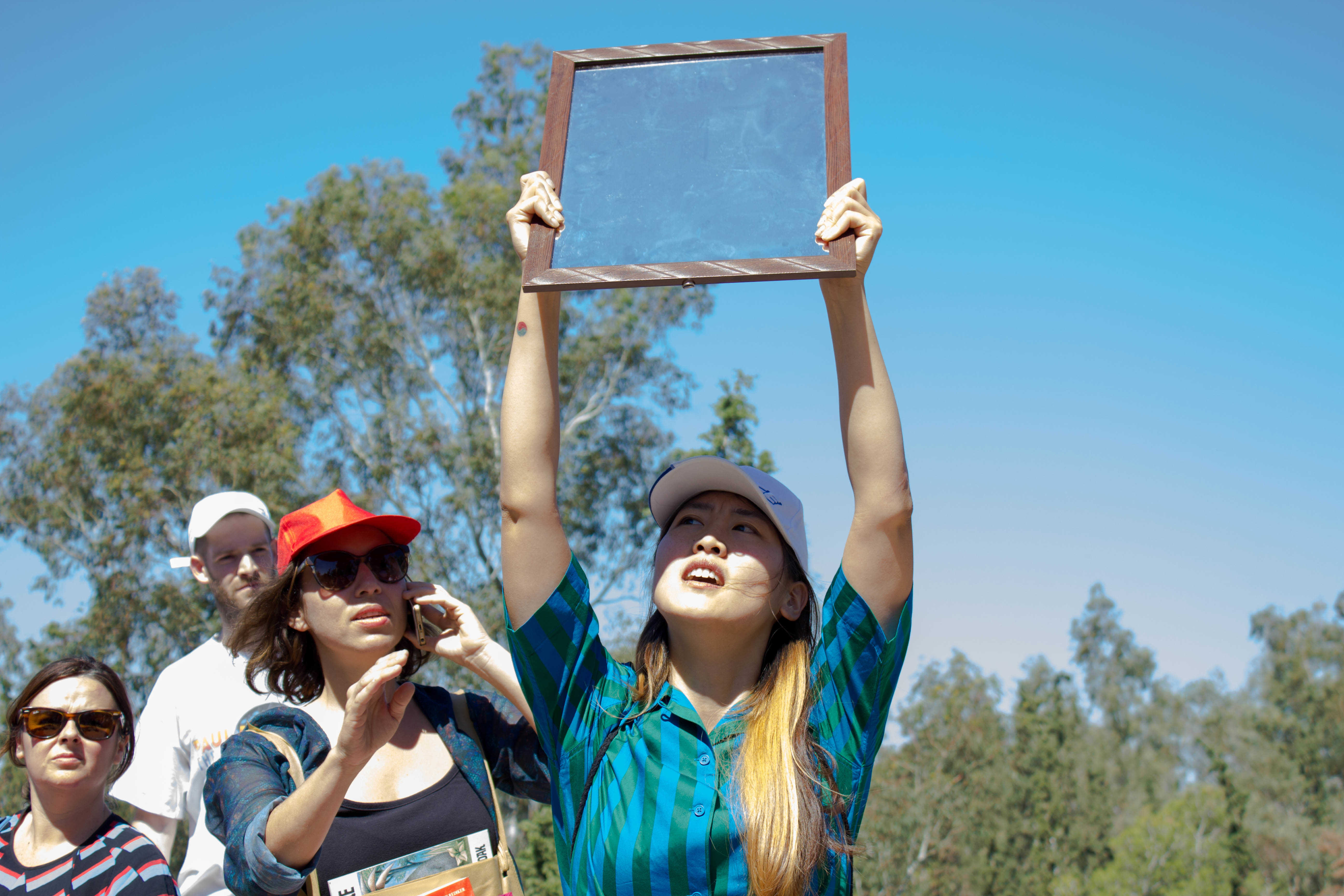Areumnari Ee: When Barbarism is Religion and Anxiety is Air: An Infrapoetic Analysis of Late Capitalism in South Korea
Thesis Supervisor: Rachel O’Reilly
Thesis: When Barbarism is Religion and Anxiety is Air: An Infrapoetic Analysis of Late Capitalism in South Korea
Arnhem, June 2018
Abstract
This thesis addresses the relationship between aesthetic experience, the subject, and late capitalist modernity as infrastructures in South Korea. These relations are threaded through my own artistic analysis of three very specific infrastructural objects: the apartment, the subway and the ship. Objects which in turn come into focus as familiar surroundings of my upbringing. Further, my autobiographical and geopolitical treatment of these three objects is informed by recent theoretical work on the relationship between neoliberal global capitalism to affect and emotion – especially in the work of Lauren Berlant and Sarah Ahmed, and more specifically, by Park Hae Cheon, in relation to the South Korean context of this study.
The thesis is divided into chapters dedicated to each infrastructural object, and addresses recent histories, events and contradictory desires circulating in relation to them: the apartment as a ‘middle class mirage’ (Park) of late capitalist private achievement (unsettled vs. lost space); the subway as the conduit that ensures the mobility of worker bodies and by doing so reproduces transnational capital within the bounds of the nation (blinded vs. suspended space); and the ship, once a symbol of capitalist futurity, security and commodity circulation, now becoming a sign of death and abandonment in the imaginary of the deregulated national community – as emblematized by the Sewol ferry sinking incident (sunken vs. refloated space).
Finally, after this focus on the aesthetic experience of infrastructural spaces in the aftermath of urban modernity, the question of ‘how to live’ in my work is subjectivized, analyzed, and poeticized through popular media formats and unconventional genres of digital art and commentary – my own and others’ – that address current generations caught in, and responding to, this historical present; within and beyond the South Korean context.
Author: Areumnari Ee


